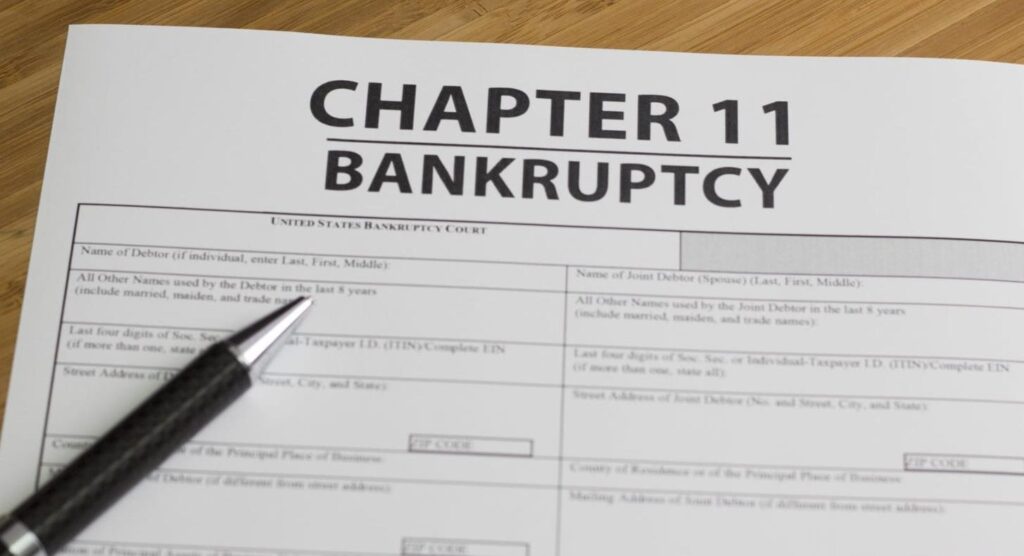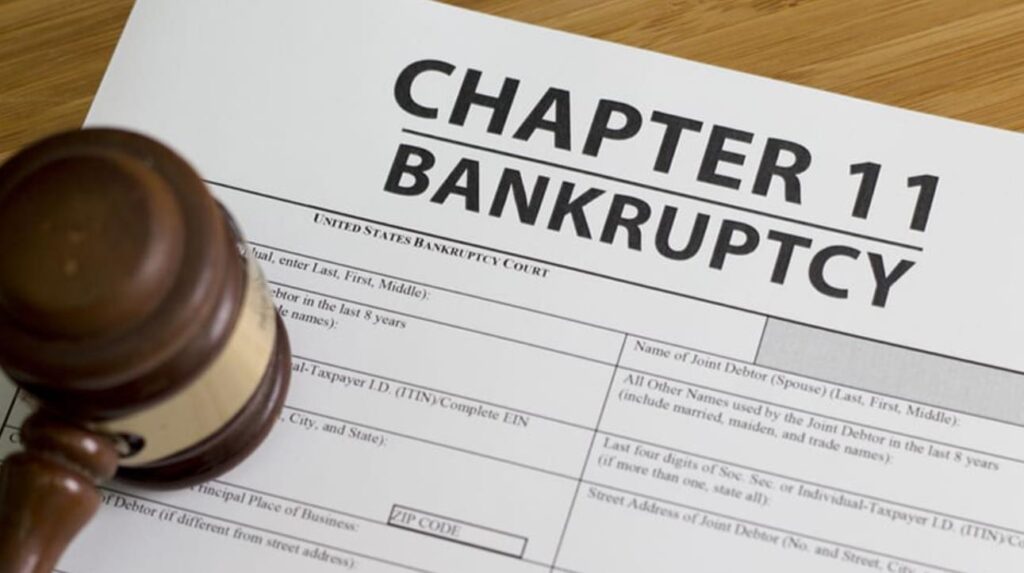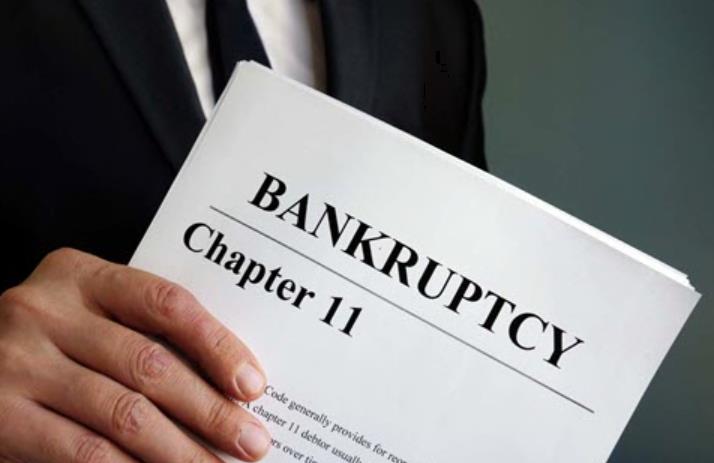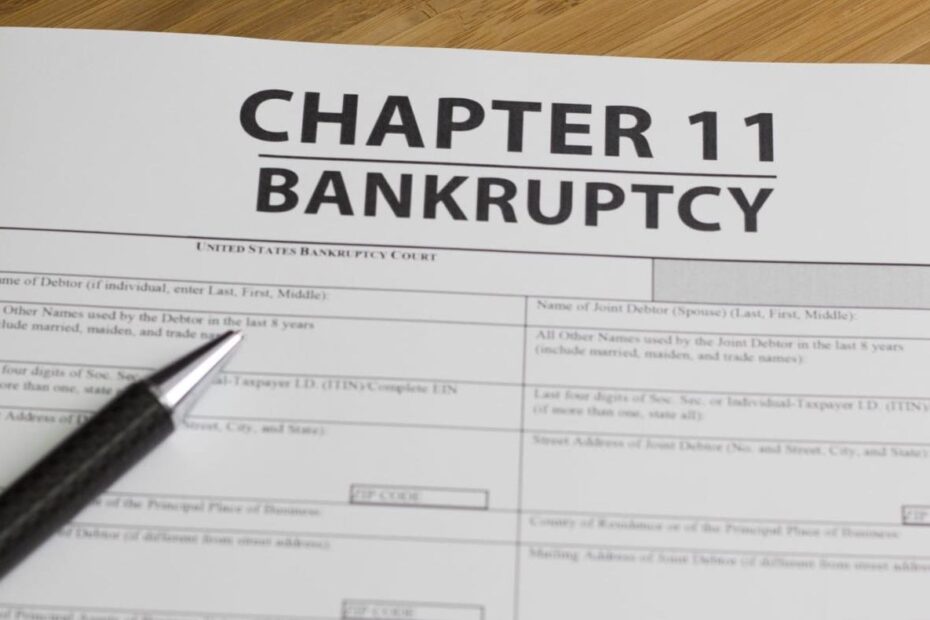If you’re wondering What Happens If Your Reverse Mortgage Company Files Chapter 11? Then You’re not alone. This situation can create a lot of uncertainty for borrowers. In this article, we’ll explore the impact of a reverse mortgage company filing for Chapter 11 bankruptcy and what it means for you.
Key Takeaways
- Impact on Borrowers: If your reverse mortgage company files for Chapter 11, it doesn’t mean your loan is immediately due.
- Role of HUD: HUD takes over the loan to ensure borrowers receive their due amounts.
- Access to Funds: Your access to funds may be interrupted during the bankruptcy process.
- Legal Consultation: Always consult an attorney for personalized advice.
What Happens If Your Reverse Mortgage Company Files Chapter 11?
When a reverse mortgage company files for Chapter 11, it doesn’t automatically mean your loan becomes due. The Department of Housing and Urban Development (HUD) usually takes over the loan to ensure borrowers receive their due amounts.

Role of HUD
HUD plays a crucial role in this scenario. They take over the insolvent lender’s loan and ensure that every borrower receives every dollar due under the loan terms.
Impact on Borrowers
Your loan won’t be immediately called due and payable. However, your access to funds or monthly payments might be interrupted until the property and loan are exempted.
Legal Procedures
The servicing agent receives notice of the filing and sends it to their attorneys. They file a “Proof of Lien” to protect the lender’s interest in the property during the bankruptcy proceedings.
Access to Funds
You may not receive funds from your reverse mortgage during the bankruptcy proceeding. The Bankruptcy Trustee must approve any funds you receive during this time.
Consult an Attorney
It’s always advisable to consult an attorney for personalized advice. They can guide you through the legal complexities of this situation.
Bankruptcy Types and Their Impact
Different types of bankruptcy can have varying impacts on your reverse mortgage. For instance, filing for Chapter 13 bankruptcy doesn’t necessarily bar you from qualifying for a reverse mortgage.

However, you must have completed a minimum of 12 months of on-time scheduled payments, documented by the court, and the Bankruptcy Court must approve you to enter into the reverse mortgage transaction.
Chapter 13 Bankruptcy
Chapter 13 bankruptcy allows you to reorganize your finances under court supervision. During this period, you may still qualify for a reverse mortgage, but there are conditions. You must have a consistent record of on-time payments for at least 12 months, and the court must approve your reverse mortgage application.
Contract Provisions
Some reverse mortgage contracts have specific clauses that could trigger foreclosure if you file for bankruptcy. It’s crucial to read your contract carefully and consult an attorney to understand these provisions. Filing a bankruptcy case could be considered an event of default, triggering foreclosure under some reverse mortgage contracts.
Foreclosure Risks
Foreclosure is a serious concern if your reverse mortgage contract has clauses that consider bankruptcy an event of default. In such cases, the lender might initiate foreclosure proceedings, putting your property at risk. Always consult an attorney to understand the implications fully.
Financial Assessment by Lenders
During the bankruptcy process, lenders may conduct a financial assessment to evaluate your eligibility for a reverse mortgage. A current or previous bankruptcy does not necessarily disqualify you, but it could interrupt your access to funds or monthly payments until the property and loan are exempted.
Lender’s Evaluation
Lenders look at various factors during the financial assessment, including your payment history and current financial situation. While bankruptcy doesn’t automatically disqualify you, it could make the process more complicated and may require additional documentation and approvals.
Can A Company Recover From Chapter 11?
Absolutely, a company can bounce back after filing for Chapter 11 bankruptcy! This form of bankruptcy is designed for restructuring, not liquidation. It allows a business to reorganize its debts and operations, making it more efficient and sustainable.

The court-approved plan often involves renegotiating contracts, downsizing, or selling assets. This process can breathe new life into a struggling company, setting it on a path to profitability.
However, the journey isn’t a cakewalk. The stigma of bankruptcy can affect customer trust and investor confidence. The company must work diligently to rebuild its brand image and regain market share.
Transparency, effective communication, and a strong business strategy are key. With the right leadership and execution, many companies have successfully emerged from Chapter 11 and even thrived.
Factors for Successful Recovery
The odds of recovery are significantly influenced by several factors. Strong leadership is crucial; experienced management can navigate the complexities of restructuring with finesse. Additionally, the support of creditors and stakeholders can make or break the process. Their willingness to cooperate and possibly take a financial hit is often essential for the company’s survival.
Another pivotal factor is market conditions. If the industry is growing, the company has a better chance of reclaiming its position. On the flip side, a declining market can make recovery more challenging. Ultimately, the company’s ability to adapt, innovate, and meet consumer needs will determine its long-term success post-Chapter 11.
What Happens To Customers When A Company Files Chapter 11?
When a company files for Chapter 11 bankruptcy, customers may feel a wave of uncertainty. However, it’s crucial to understand that Chapter 11 is about restructuring, not shutting down.

Generally, the company continues its operations, albeit under court supervision. For customers, this often means business as usual, at least in the short term. You can still buy products or services, but you might notice some changes, like fewer discounts or the closure of certain locations.
Yet, there are some caveats. Gift cards and loyalty points could be at risk, as the company has the right to modify these programs. If you have pre-paid for a service, there’s a chance you might not get what you paid for. It’s advisable to use any credits or redeem points as soon as possible to minimize potential losses.
Customer Protection and Recourse
Customers aren’t entirely without protection during a Chapter 11 process. Consumer complaints and issues still fall under the purview of regulatory agencies. If you’ve paid for a service in advance, you become a creditor to the company, albeit an unsecured one. This means you can file a claim, but you’ll be at the bottom of the list when it comes to payouts.
Also, warranties on products are generally honored, but this can vary. If the company is selling off inventory or discontinuing services, warranties might become void. It’s wise to keep all receipts and documentation in case you need to prove your claim.
In summary, while Chapter 11 doesn’t spell immediate doom for customers, it’s smart to stay informed and take proactive steps to protect your interests.
Conclusion
In conclusion, if your reverse mortgage company files Chapter 11, it’s not the end of the world. HUD usually takes over the loan, and your loan terms remain largely unaffected. However, consult an attorney for personalized advice.
Frequently Asked Questions
What role does HUD play if my reverse mortgage company files for Chapter 11?
The Department of Housing and Urban Development (HUD) usually takes over the loan to ensure borrowers receive their due amounts. They work diligently to make sure that the terms of the loan are honored and that borrowers are not left in a lurch.
Can filing for bankruptcy trigger foreclosure on my reverse mortgage?
Yes, some reverse mortgage contracts have specific clauses that could trigger foreclosure if you file for bankruptcy. It’s crucial to read your contract carefully and consult an attorney to understand these provisions.
Will my reverse mortgage payments be suspended if I file for bankruptcy?
The immediate response to a bankruptcy filing is that the bank will generally suspend the reverse mortgage payments. This is usually a temporary measure until the bankruptcy proceedings are completed.
How does a reverse mortgage company’s Chapter 11 filing affect its employees?
When a reverse mortgage company files for Chapter 11, it often leads to layoffs. For example, Reverse Mortgage Funding LLC laid off about 400 people, or about 80% of its staff, before filing for Chapter 11.
How does bankruptcy impact a reverse mortgage company’s assets and liabilities?
In a Chapter 11 filing, the company’s estimated assets and liabilities are usually disclosed. For instance, Reverse Mortgage Funding LLC indicated that both its estimated assets and liabilities are between $10 billion and $50 billion.
A multifaceted professional, Muhammad Daim seamlessly blends his expertise as an accountant at a local agency with his prowess in digital marketing. With a keen eye for financial details and a modern approach to online strategies, Daim offers invaluable financial advice rooted in years of experience. His unique combination of skills positions him at the intersection of traditional finance and the evolving digital landscape, making him a sought-after expert in both domains. Whether it’s navigating the intricacies of financial statements or crafting impactful digital marketing campaigns, Daim’s holistic approach ensures that his clients receive comprehensive solutions tailored to their needs.









